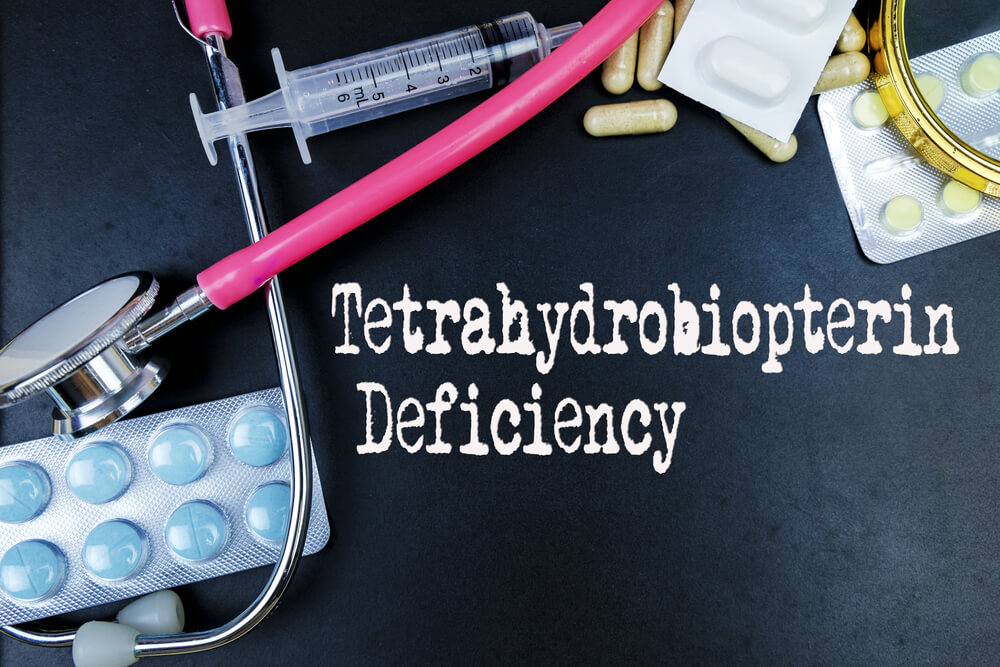Tetrahydrobiopterin deficiency is a rare condition that escalates the levels of various substances in the blood, including phenylalanine, an amino acid acquired through a diet. It is usually found in artificial sweeteners and all proteins. If tetrahydrobiopterin deficiency is left untreated, phenylalanine can develop to dangerous levels in the person’s body, causing severe health problems and intellectual disorder.
This disease is common among newborn babies and is genetic in an autosomal recessive pattern. This means that two mutated genes are inherited from each parent. Moreover, the parent of a person with autosomal recessive disorder carries one mutated gene. However, they don’t usually manifest symptoms and signs of the condition.
Additionally, tetrahydrobiopterin deficiency can be caused by a mutation in one of the various genes. These genes give an order for creating enzymes that help recycle and generate tetrahydrobiopterin in the body. If one of these enzymes malfunction properly due to gene mutation, there will be a lack of tetrahydrobiopterin to assist in processing phenylalanine. Consequently, phenylalanine may develop in other tissues and blood. And since brain nerve cells are oversensitive to phenylalanine, too much of this can cause brain damage.


